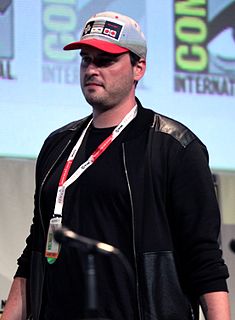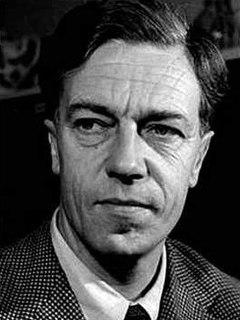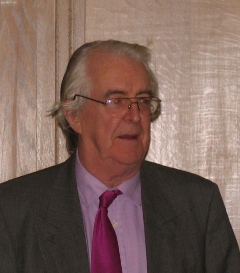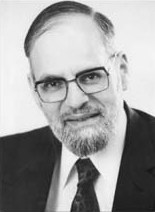A Quote by Charles Baudelaire
If the poet has pursued a moral objective, he has diminished his poetic force.
Related Quotes
A true poet is more than just a man who can write a poem with a pen. A true poet writes poetry with his very life. A true poet doesn't use poetic devices to con the heart of a woman but uses the beauty of all that is poetic to serve, cherish, and express love to the heart of a woman. Just as a true warrior is not a conqueror of femininity but a protector of femininity, a true poet is not just a wooer of a woman's heart but one who knows how to nurture and plant love in a woman's heart. Simply put, a true poet is a man who knows how to be intimate with a lover - first and foremost with Christ.
It is unwise to equate scientific activity with what we call reason, poetic activity with what we call imagination. Without the imaginative leap from facts to generalisation, no theoretic discovery in science is made. The poet, on the other hand, must not imagine but reason--that is to say, he must exercise a great deal of consciously directed thought in the selection and rejection of his data: there is a technical logic, a poetic reasoning in his choice of the words, rhythms and images by which a poem's coherence is achieved.
I certainly was surprised to be named Poet Laureate of this far-out city on the left side of the world, and I gratefully accept, for as I told the Mayor, "How could I refuse?" I'd rather be Poet Laureate of San Francisco than anywhere because this city has always been a poetic center, a frontier for free poetic life, with perhaps more poets and more poetry readers than any city in the world.
If an instrument similar to a geiger-counter could be invented that counted moral judgements instead, we would learn to duck as people became increasingly 'moral', since lethal force is usually imminent. So far from moral fervour being an alternative to force, it is frequently the overture, the accompaniment and the memorial to it.
The phenomenon of economic ignorance is so widespread, and its consequences so frightening, that the objective of reducing that ignorance becomes a goal invested with independent moral worth. But the economic education needed to reduce such ignorance must be based on austere, objective, scientific content—with no ideological or moral content of its own.
There is a form of poetic and esthetic and moral genius necessary to make philosophical issues truly incandesce for students, and even though I indeed had some world-class professors myself when I went through the curriculum, I rarely saw such gnosic or concretist/poetic passion among them. I am not speaking of broad histrionics or melodramatic delivery, but rather a moral investment of concern, of loving delight and pathos in exposing one's consciousness to the full horrific and magnificent implications of the materials.
From the beginning, about the rude altar of the god, to the days of Goethe, of Leopardi, and of Victor Hugo, the poet is the leader in the dance of life; and the phrase by which we name his singularity, the poetic temperament, denotes the primacy of that passion in his blood with which the frame of other men is less richly charged.







































